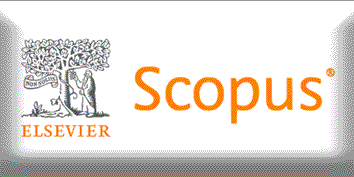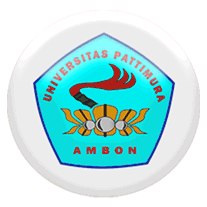PEMODELAN REGRESI SPASIAL INVESTASI LUAR NEGERI YANG MASUK KE INDONESIA
Abstract
One of the important factors in the growth of a country's economy is investment. Sources of investment are divided into two, namely foreign investment and domestic investment. There are many benefits of foreign investment. These benefits are such as for development, employment, tax revenue, increasing foreign exchange, international trade, strengthening friendship with foreign countries and much more. The purpose of this research is to modeling of foreign investment in Indonesia using spatial regression. The predictor variables used are the number of labor and the net monthly salary. Based on the results of research analysis obtained information that the West Java province is the highest province to get investment funds from abroad. The highest net monthly salary in Indonesia is DKI Jakarta province. The highest number of labor in Indonesia is West Java Province. Based on the results of the Lagrange Multiplier test which showed a significant Lagrange Multiplier (lag) with a p-value < α = 5%. That's shows for the number of labor, the net monthly salary, and the foreign investment in Indonesia fulfill the spatial dependencies assumption. Based on the spatial regression model shows the number of labor, the net monthly salary, and the weighting has a significant impact on foreign investment in Indonesia.
Downloads
Authors who publish with this Journal agree to the following terms:
- Author retain copyright and grant the journal right of first publication with the work simultaneously licensed under a creative commons attribution license that allow others to share the work within an acknowledgement of the work’s authorship and initial publication of this journal.
- Authors are able to enter into separate, additional contractual arrangement for the non-exclusive distribution of the journal’s published version of the work (e.g. acknowledgement of its initial publication in this journal).
- Authors are permitted and encouraged to post their work online (e.g. in institutional repositories or on their websites) prior to and during the submission process, as it can lead to productive exchanges, as well as earlier and greater citation of published works.






1.gif)



